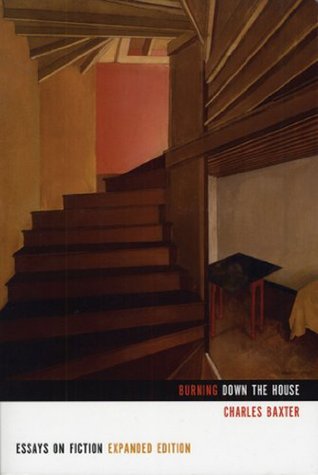More on this book
Kindle Notes & Highlights
Read between
October 26 - October 26, 2019
The concept of “family values” is inherently rigid and inflexible. It’s meant to stop thought.
because they have a relationship to propaganda, they are nearly always tainted by a feeling of false surfaces.
Loyalty is a religion for poets,
the
Technique must follow a vision, a view of experience. No technique can ever take precedence
Stillness in fiction arises when the dramatic action pauses, and when the forward movement of thought appears to cease as well.
The political force of happy endings become additionally complicated by the power of the state.
Where, and how, is happiness depicted? And why is it nearly impossible to portray it in extended dramatic narratives?
Contentment certainly does not need more thoughts or speculations that might, in fact, endanger it. In this sense, happiness is typically blind to its own situation.
None of this seems particularly interesting or rewarding as fictional material, however.
We all feel (again, intuitively) that there is something deeply uninteresting, perhaps banal, in the depiction—perhaps even the life—of a happy individual.
What if our happiness depends on the unhappiness of others?
How can we ignore the suffering of everybody else?
Happiness is thus not just a state of being but a state of being discovered in the midst of an activity.


